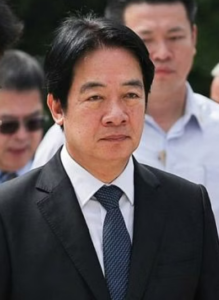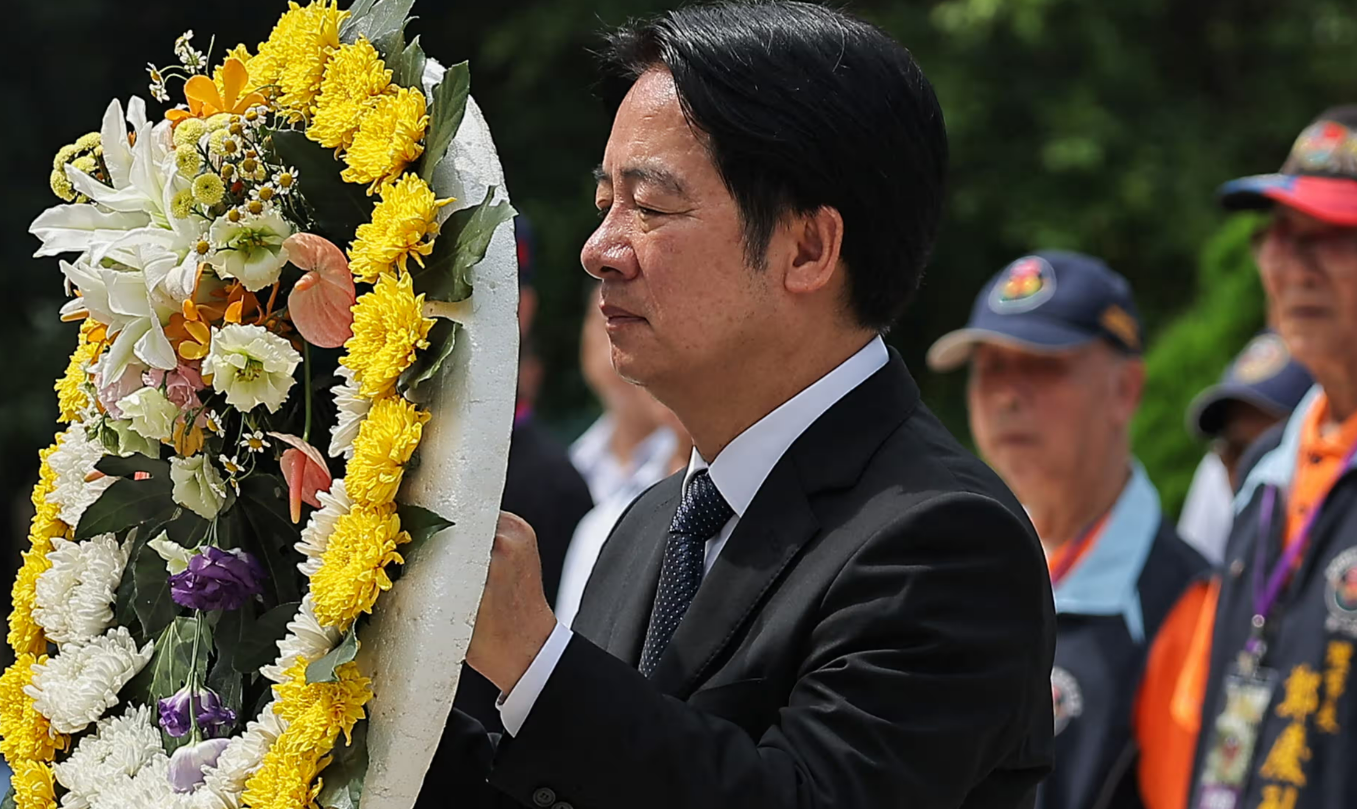Taiwan’s President, Lai Ching-te, made a provocative statement regarding China’s territorial ambitions. He suggested that if China is truly concerned with reclaiming lost territories, it should not only focus on Taiwan but also on recovering lands ceded to Russia in the 19th century. This statement sheds light on the complex dynamics between China, Taiwan, and Russia, and the broader geopolitical implications of these relationships.

China’s Historical Claims and the Taiwan Question
The Chinese Communist Party (CCP) has long asserted that Taiwan is an integral part of China, citing historical claims that date back to ancient times. Beijing views Taiwan as a breakaway province that must be reunified with the mainland, by force if necessary. This stance is rooted in the narrative of rectifying the humiliations China suffered during the “century of humiliation,” a period from the mid-19th to mid-20th centuries during which China lost significant territories to foreign powers.
Taiwan, however, has its own complex history. The Qing dynasty ceded Taiwan to Japan in 1895 following the First Sino-Japanese War. After World War II, Taiwan was handed over to the Republic of China (ROC), which fled to the island in 1949 after losing the Chinese Civil War to the Communists. Today, Taiwan operates as a separate, democratic nation, with its government staunchly rejecting Beijing’s claims.
The Treaty of Aigun and China’s Overlooked Territorial Loss to Russia
President Lai’s remarks bring attention to a lesser-discussed aspect of China’s territorial losses: the land ceded to Russia under the Treaty of Aigun in 1858. This treaty, along with the subsequent Convention of Peking in 1860, resulted in China losing over 1 million square kilometers of territory, including what is now Vladivostok.
Lai questioned why China, if truly motivated by territorial integrity, does not seek to reclaim these lands from Russia. He pointed out that Russia is currently in a weakened state, yet Beijing has not made any moves to recover these territories. This, according to Lai, indicates that China’s motivations regarding Taiwan are not purely about restoring territorial integrity.
Geopolitical Motivations: Beyond Territorial Integrity
Lai argued that China’s true objective in targeting Taiwan is geopolitical rather than territorial. Taiwan’s strategic location in the first island chain of the Pacific provides significant military and economic advantages. Control over Taiwan would enhance China’s influence in the region, particularly in the Taiwan Strait, a crucial maritime passage.
Also Read : China Military Drills Encircling Taiwan
Experts like Wen-ti Sung from the Australian National University support this view, noting that China’s lack of interest in reclaiming territories lost to Russia suggests that its focus on Taiwan is driven by a desire to reshape the international order. Beijing’s ambitions in Taiwan are seen as part of a broader strategy to assert dominance in the Western Pacific and challenge the current global power structure.
Conclusion: The Implications of Lai’s Remarks
President Lai’s comments highlight the selective nature of China’s territorial ambitions and raise questions about the true motivations behind its claim to Taiwan. By comparing the situation with Russia, Lai underscores the geopolitical stakes involved in the Taiwan issue and challenges the narrative that China’s actions are solely about historical grievances.
As tensions continue to simmer between China and Taiwan, the international community must consider the broader implications of these dynamics. Taiwan’s strategic importance and China’s growing assertiveness in the region are likely to remain key factors in global geopolitics for the foreseeable future.
In conclusion, while China’s claims to Taiwan are deeply rooted in history, the motivations driving these claims appear to extend beyond mere territorial integrity. The situation in Taiwan is emblematic of China’s broader geopolitical ambitions, with significant implications for the balance of power in the Asia-Pacific region and beyond.

